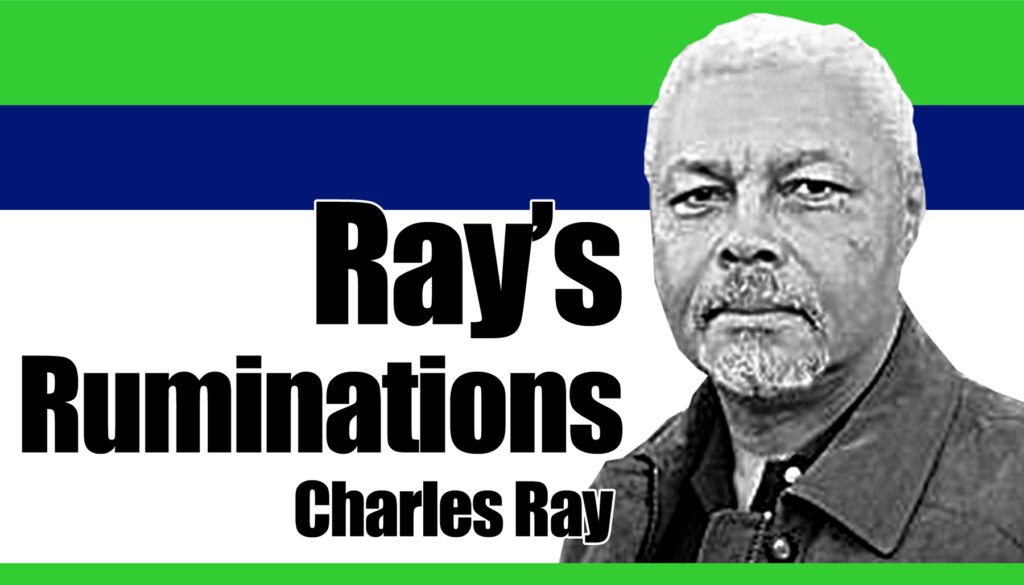
Around the world, citizens are increasingly finding themselves at odds with their governments. In some cases, the disagreements are minor, even petty, but in others, they border on the existential. Some of these protests have escalated to physical confrontations.
In such cases, with the state having control of the instruments of coercion, the citizens will almost always lose. When they win, it’s often a pyrrhic victory, with so much damage done to governing institutions that it takes decades to undo.
There is, however, a way to express dissatisfaction with the government without resorting to violence. Those familiar with history will be familiar with the tactics of passive resistance, or peaceful protest, pioneered by the U.S. Civil Rights Movement.
Passive resistance is a technique involving nonviolent opposition to authority, often expressed through actions such as boycotts, marches, and civil disobedience. Instead of meeting force with force, advocates of passive resistance rely on collective action and moral appeal to highlight injustice and push for change.
This approach was central to the American Civil Rights Movement, where leaders like Dr. Martin Luther King Jr. organized marches, sit-ins at segregated lunch counters, and peaceful demonstrations that drew national attention to the struggle for equality.
By refusing to retaliate against aggression and maintaining discipline in the face of adversity, civil rights activists exposed the brutality of segregationist policies without undermining the legitimacy of democratic institutions.
Today, passive resistance is still a powerful tool for citizens seeking reform. Organized, nonviolent actions – such as peaceful rallies, social media campaigns, and petitions – allow people to send a clear message to their government while preserving the foundational relationship that makes democracy possible. Through these means, grievances can be aired without eroding the trust and cooperation essential for a functioning society.
It is not an easy task, especially against a government that is determined to impose its will upon the public. But the civil rights protestors faced fire hoses, dogs, and jail, and remained steadfast in their pursuit of justice by nonviolent means. A thing worth having is worth the sacrifice. Sometimes the old ways work. | NWI



